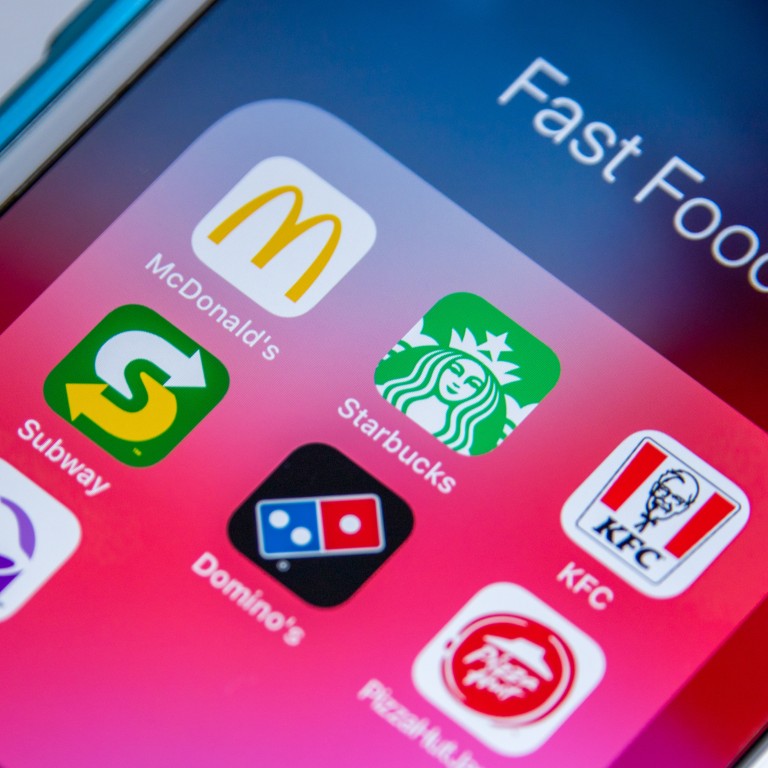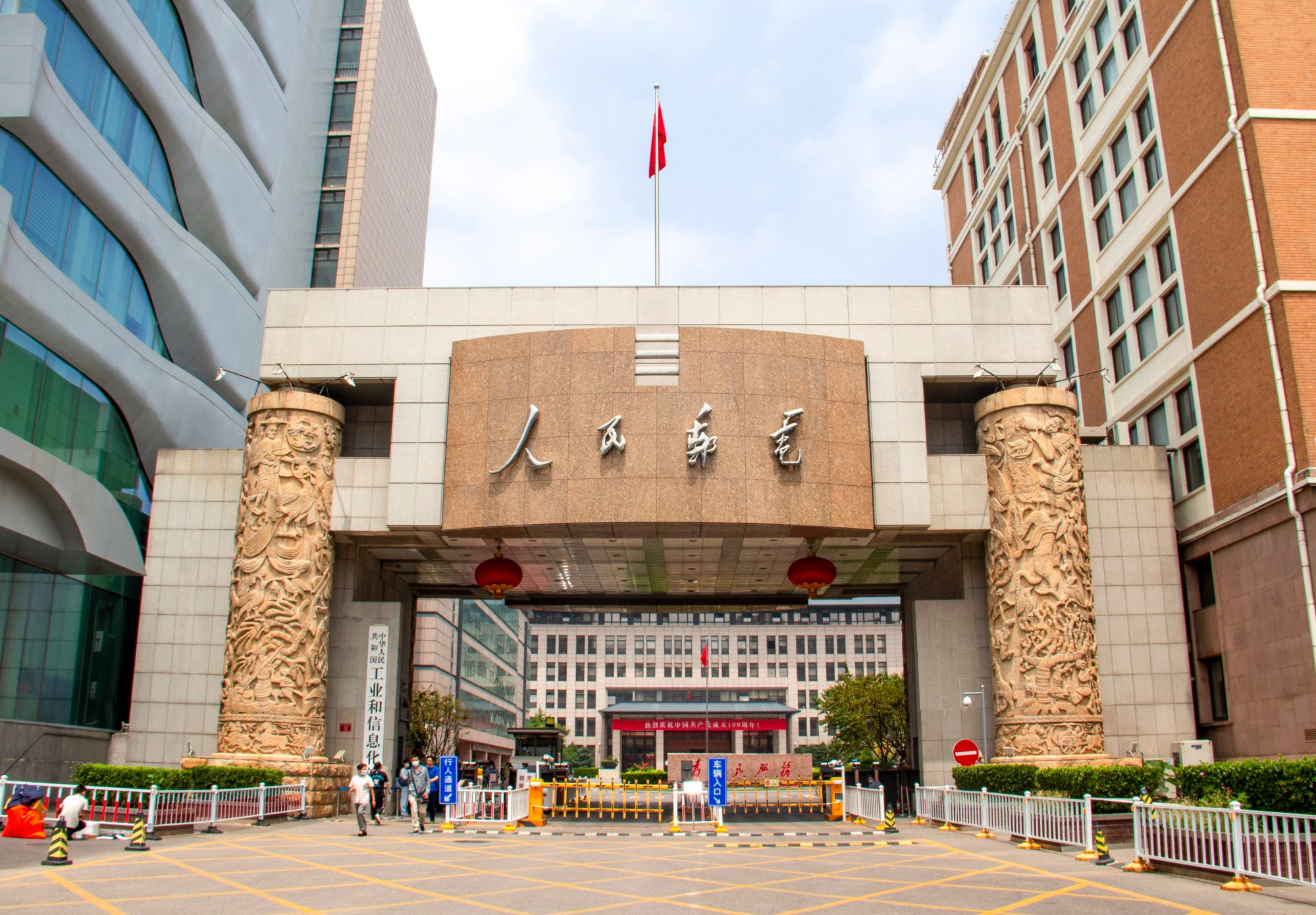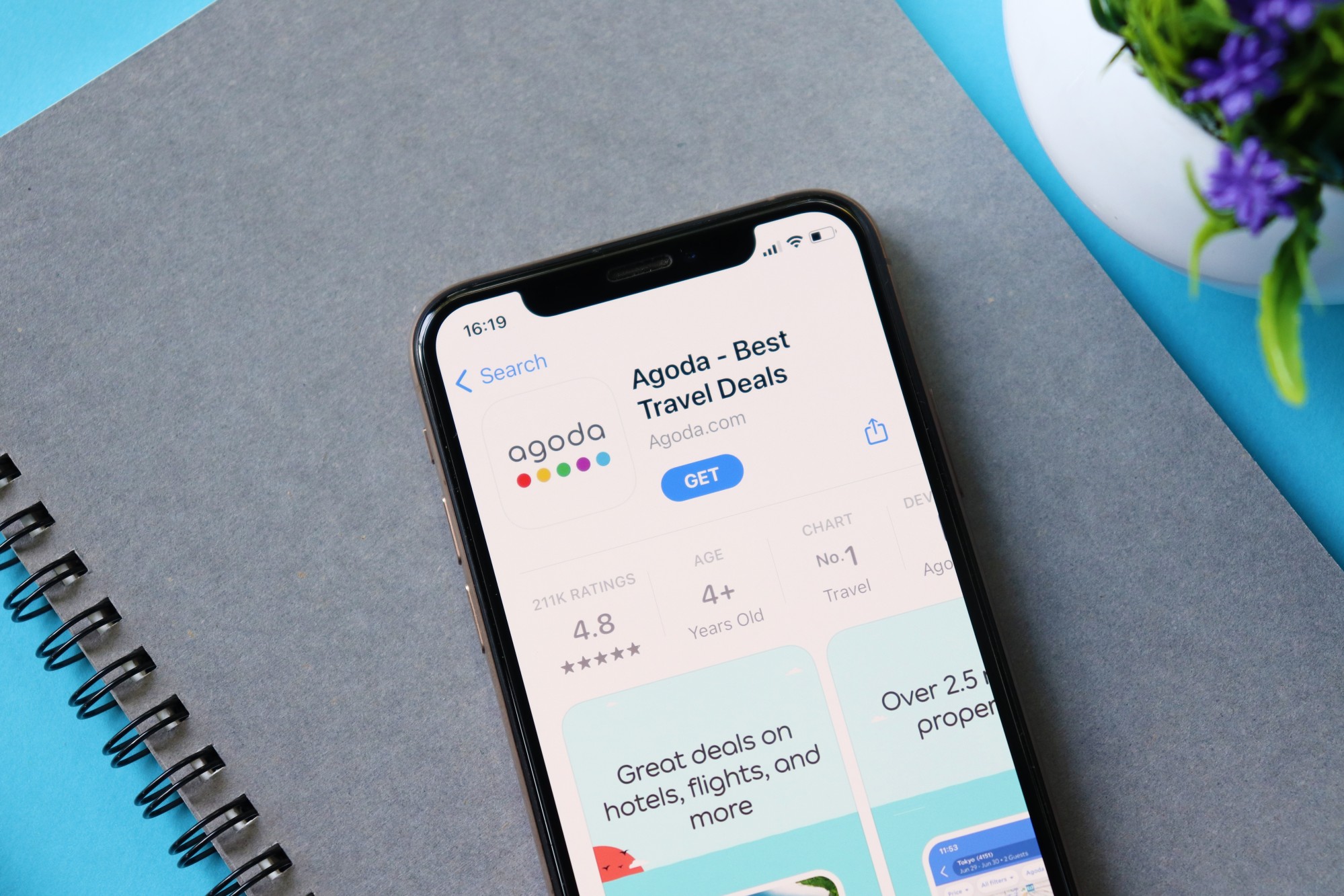
China finds Agoda, Subway, Domino’s Pizza apps violating users’ rights in latest check of security and data collection
- The Ministry of Industry and Information Technology (MIIT) has called out 47 apps for illegal collection of user data and other offences
- The companies have until September 5 to solve the problems or face punishment, according to a statement
Travel booking site Agoda’s China app has “illegally collected user information”, while the Domino’s Pizza app in the country has “requested for permission in a forced, frequent and excessive way”, the ministry said in its latest list of problematic apps, released on Friday.
In addition, apps from sandwich maker Subway and Japanese fast food chain Yoshinoya forced users to turn on a targeted push feature, the ministry said.
The MIIT has told the companies to solve the problems by September 5 or face punishment, according to the statement.

None of the companies above immediately responded for comment.
The MIIT has issued 25 different lists of problematic apps in the last three years, with the new list being the fifth this year. To date, the regulator has singled out nearly 2,000 apps for illegally collecting user information, requesting excessive permissions or misleading customers.

In the past, most of the listed apps were allowed to continue operating. A small percentage were permanently shut down.
The regulation defined for the first time what types of personal information are necessary for the basic functions and services of mobile apps in 39 categories, including messaging, online shopping, payments, ride-hailing, short video, live streaming and mobile games.

